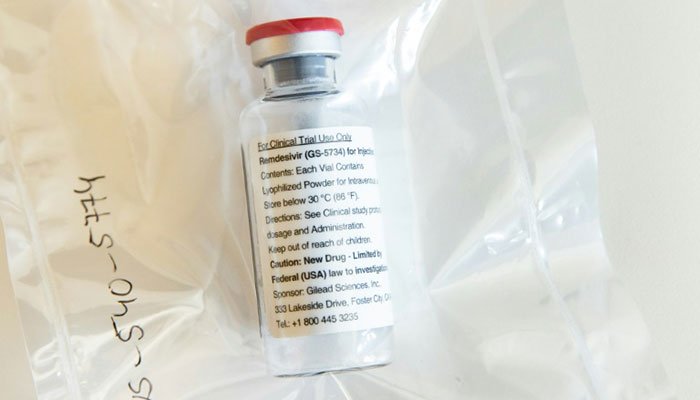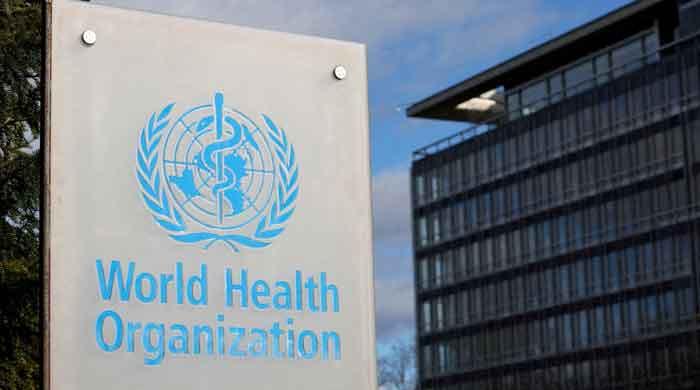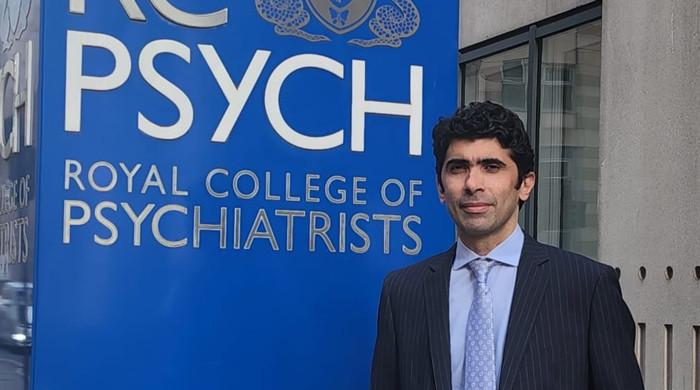Remdesivir maker in talks with Pakistani, Indian firms to produce COVID-19 drug
Drugmaker says it is in talks with manufacturers to produce remdesivir for Europe, Asia and the developing world through at least 2022
May 06, 2020

California-based Gilead Sciences has said it was negotiating long-term voluntary licenses with several generic drugmakers in Pakistan and India to produce experimental COVID-19 drug remdesivir for developing countries.
The drugmaker also said it was in discussions with chemical and drug manufacturers to produce its antiviral drug remdesivir for Europe, Asia and the developing world through at least 2022.
Gilead last week received the US Food and Drug Administration’s emergency use authorisation for using remdesivir as a treatment against COVID-19, the respiratory illness caused by the new coronavirus.
Read also: Remdesivir approved as experimental drug for coronavirus patients
The approval was the latest step in a global push to find viable treatments and a vaccine for the coronavirus.
"It is really a really promising situation," President Donald Trump had said at the White House, where he was joined by Gilead's CEO Daniel O'Day.
"We are humbled with this first step for hospitalised patients," said O'Day, adding: "We want to make sure nothing gets in the way of these patients getting the medicine."
The company has previously announced it was donating some 1.5 million doses for free.
This amounts to about 140,000 treatment courses based on 10-day treatment duration.
Remdesivir, which is administered by an injection, was already available to some patients who enrolled in clinical trials, or who sought it out on a "compassionate use" basis.
Read also: Remdesivir shows 'clear-cut' effect in treating coronavirus, say US officials
The new move allows it to be distributed far more widely and used in both adults and children who are hospitalised with a severe form of COVID-19.
The Food and Drug Administration, which authorised the approval, defines severe as having low blood oxygen levels, requiring oxygen therapy, or being on a ventilator.
In a trial involving more than 1,000 people, the US National Institute of Allergy and Infectious Diseases (NIAID) found that hospitalized COVID-19 patients with respiratory distress got better quicker than those on a placebo.
Specifically, patients on the drug had a 31% faster time to recovery.
"Although the results were clearly positive from a statistically significant standpoint, they were modest," Anthony Fauci, the scientist who leads the NIAID told NBC News.
While not considered a miracle cure, remdesivir's trial achieved a "proof of concept," according to Fauci that could pave the way for better treatments.
Remdesivir incorporates itself into the virus's genome, short-circuiting its replication process.
It was first developed to treat Ebola, a viral hemorrhagic fever, but did not boost survival rates as other medicines.











